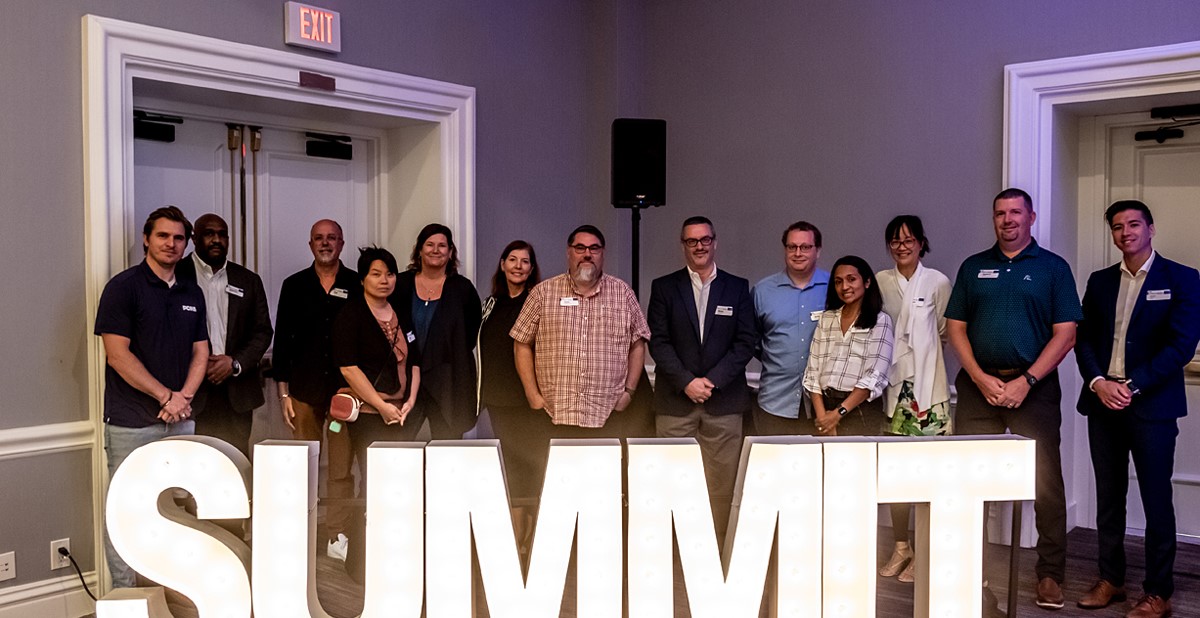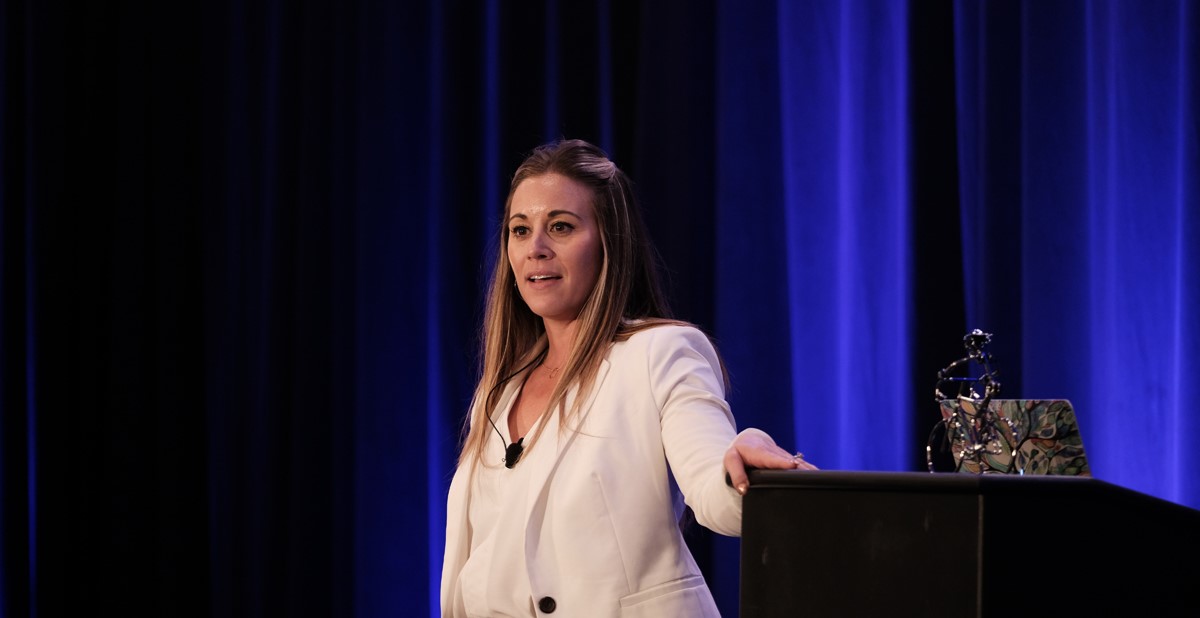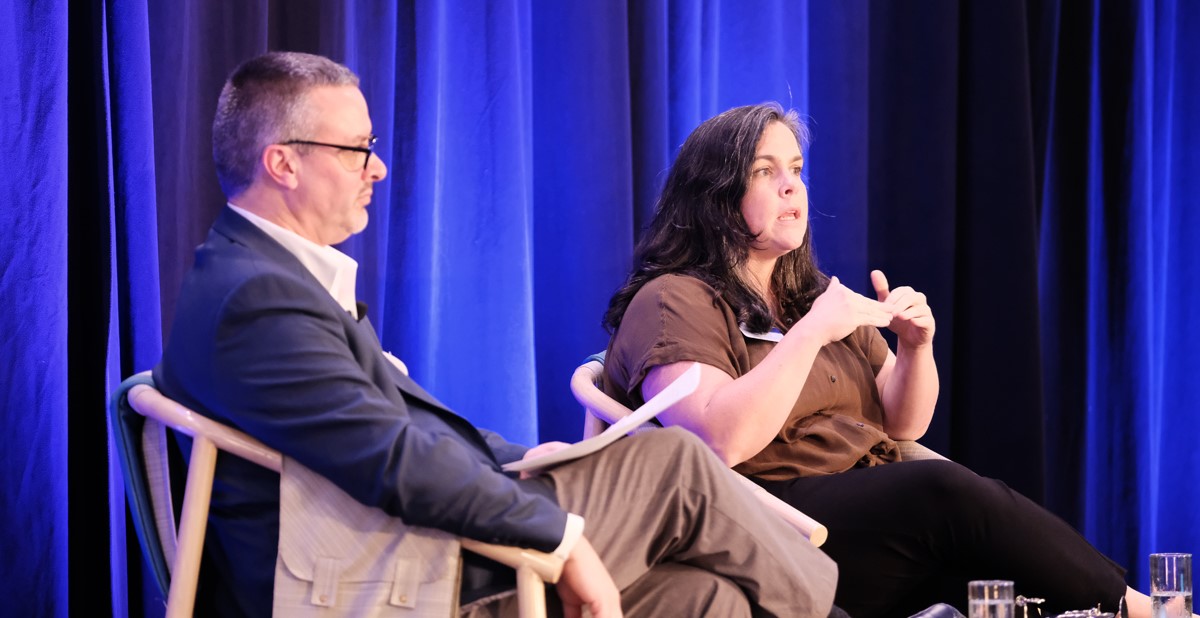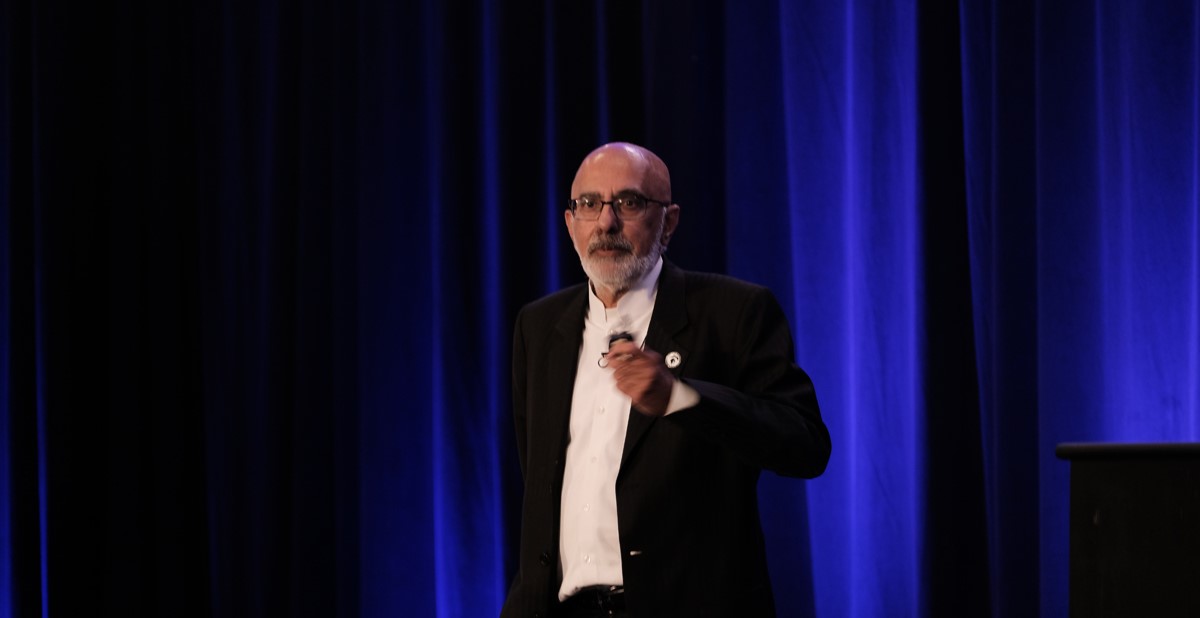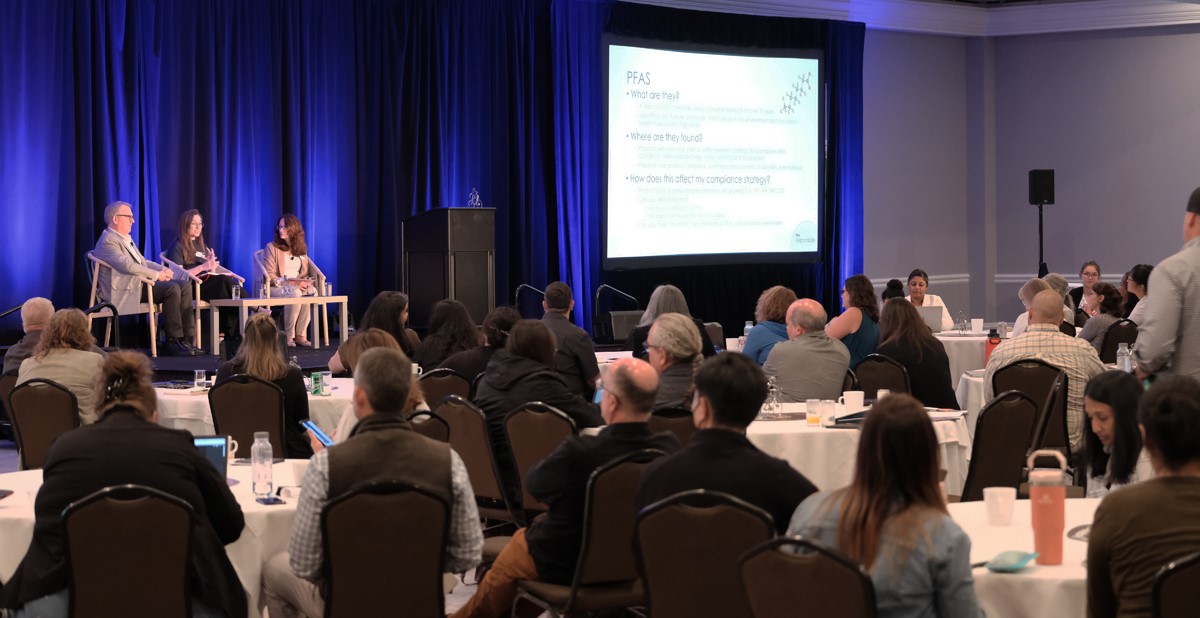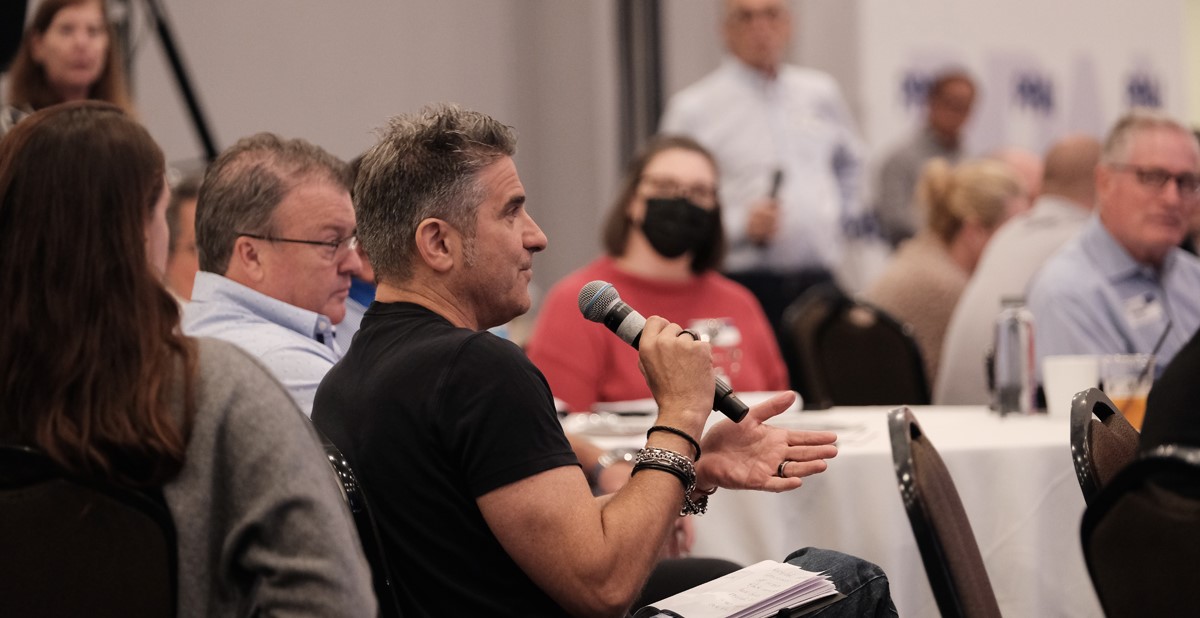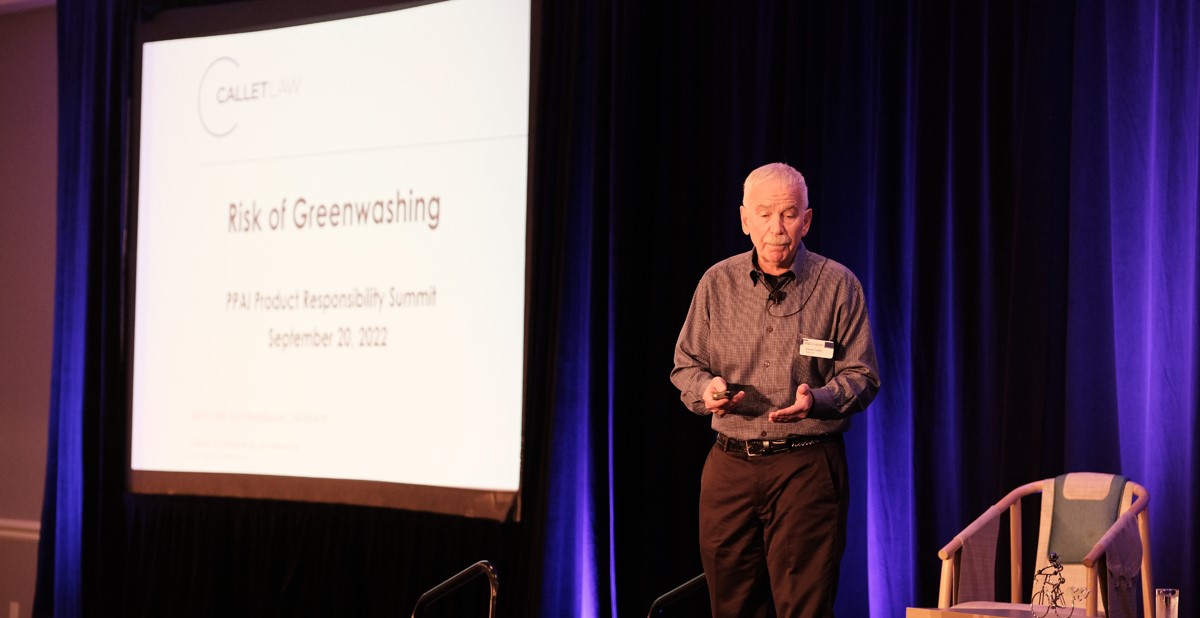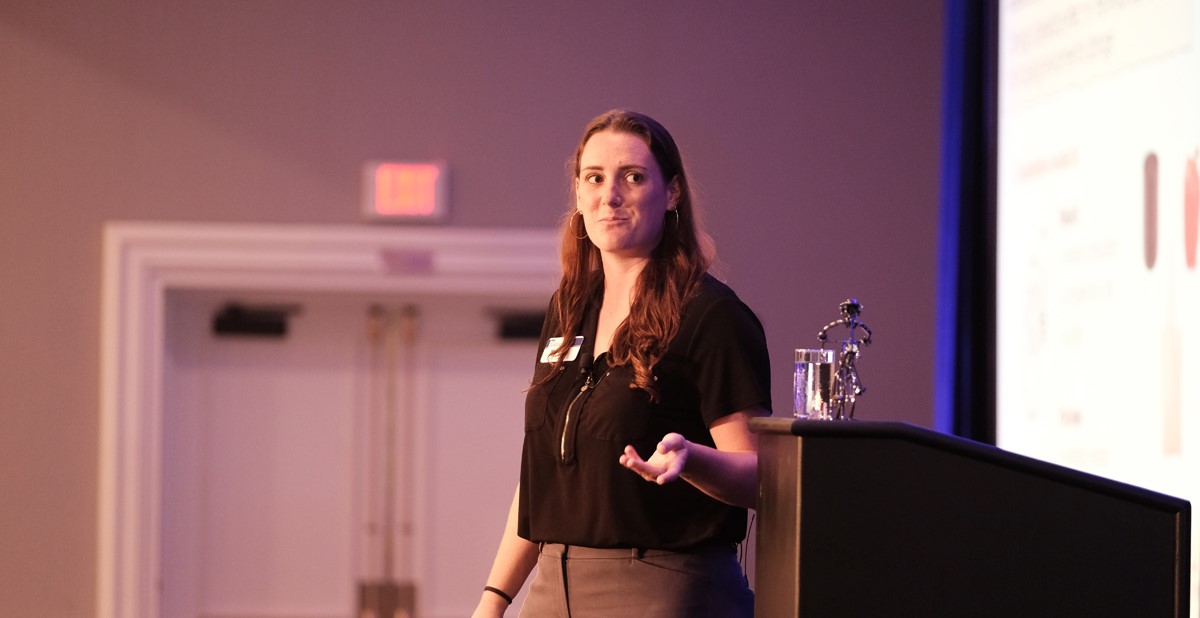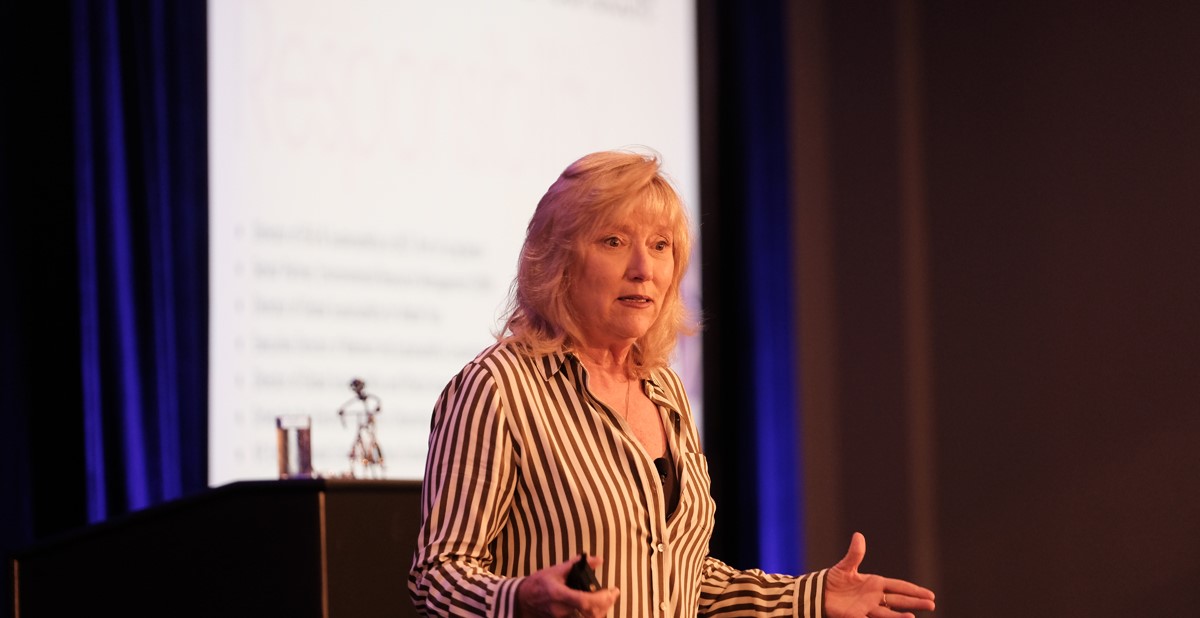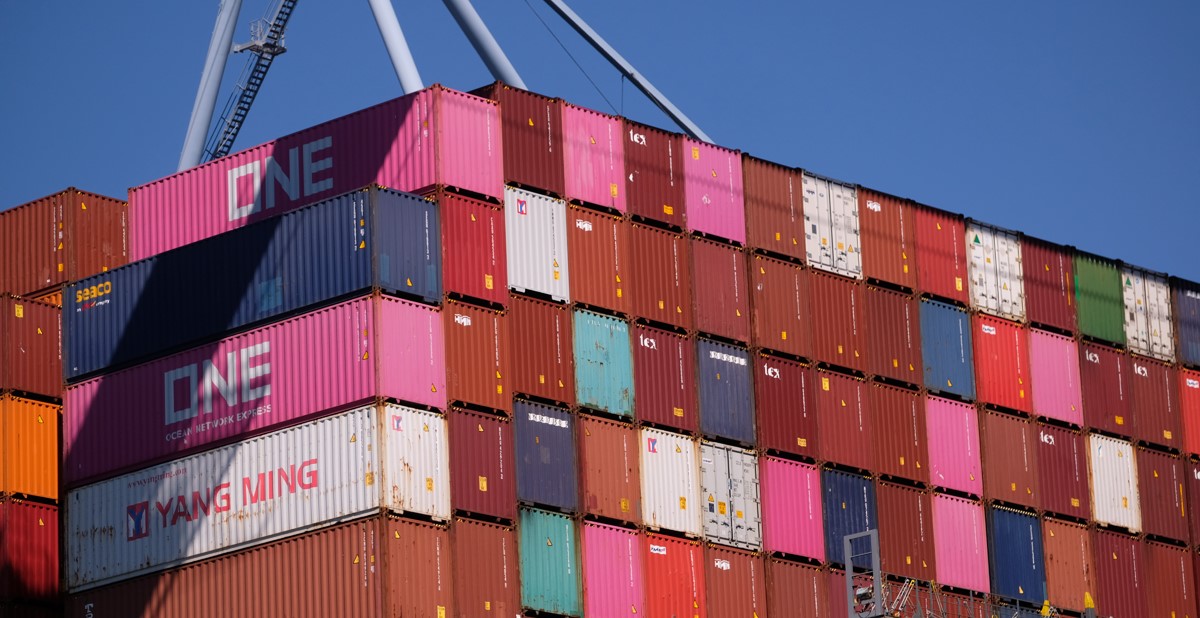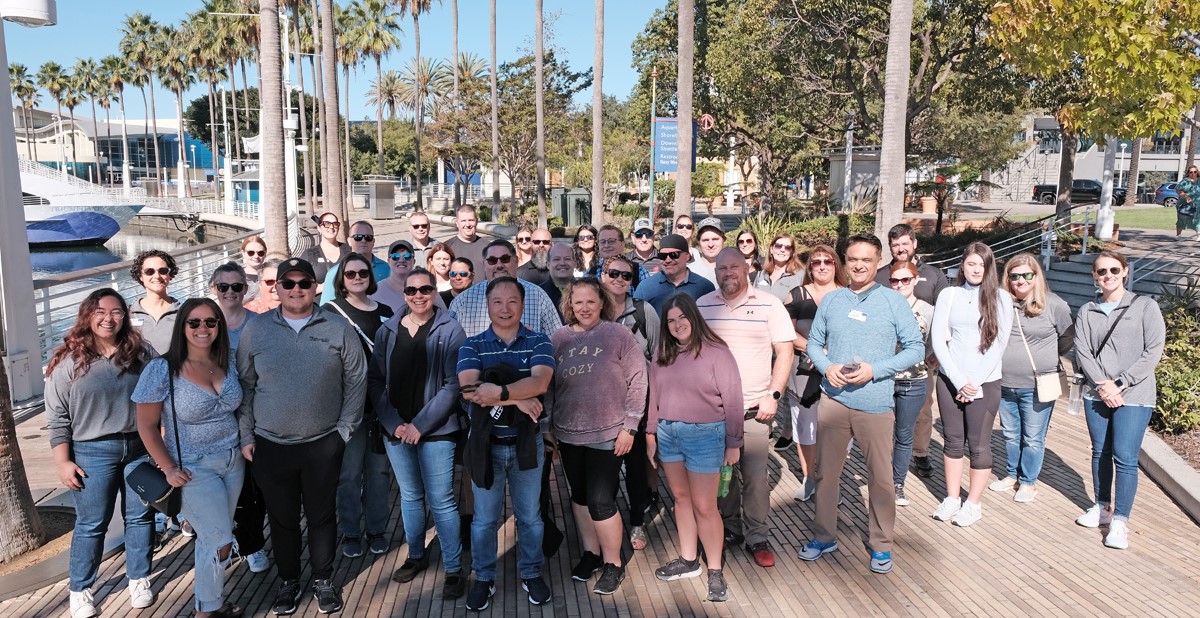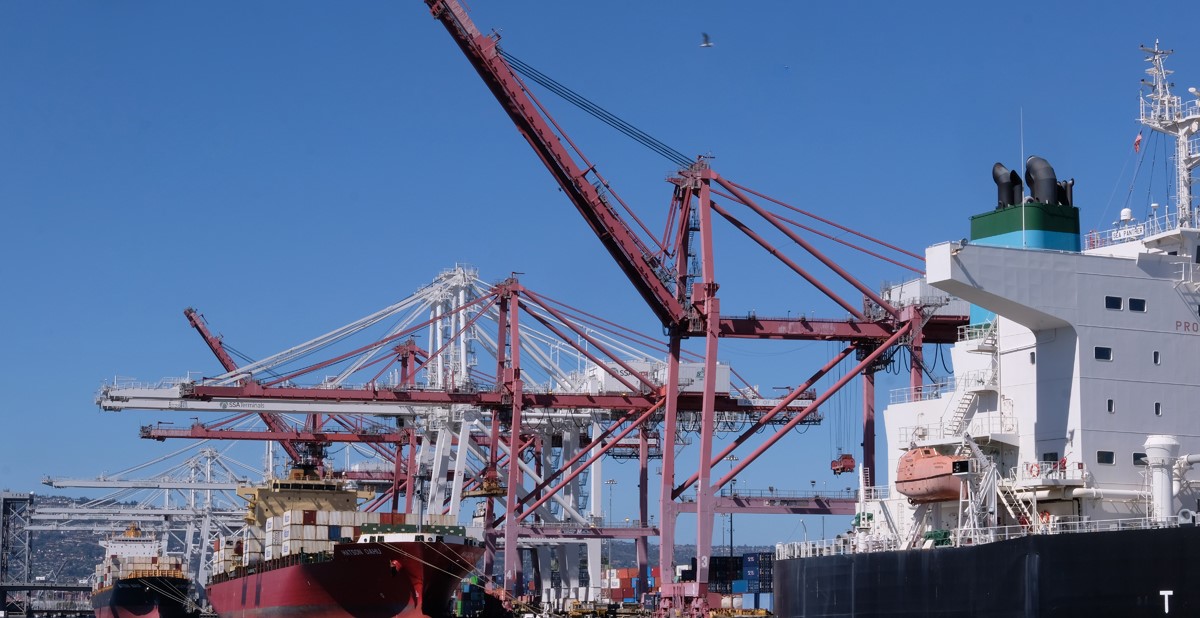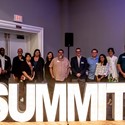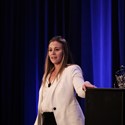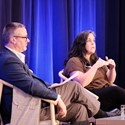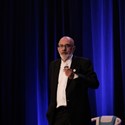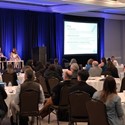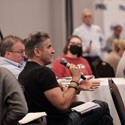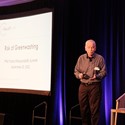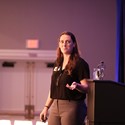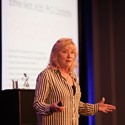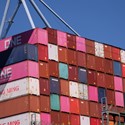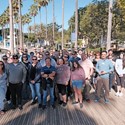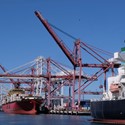Compliance Experts Discuss Promo’s Sustainable Future
Sustainability is an increasingly prominent aspect of the promotional products field, and the focus of the final education day at the 2022 PPAI Product Responsibility Summit. New this year – the 13th annual Summit and the first in-person since 2019 – the conference structured a full day’s discussion around the sustainability question.
“It’s great to see everyone back and in person and have the conversations that you don’t normally get to see when you’re doing it virtually,” says Brian Campbell, vice president of supply chain compliance at distributor 4imprint, and chair of the Product Responsibility Action Group, the volunteer group assisting PPAI in developing Summit. “We have a lot of good speakers this year that are bringing some good content and takeaways for the industry to go back and think about and to implement at their companies.”
Sustainability is driving discussions at every level of business and signs point to it having a high-level of buy-in at the consumer level. A recent survey from Capterra, part of Gartner, on consumer sustainability expectations, suggests that even inflation won’t slow the trend down - 84% of consumers say they bought a sustainable product in the past six months, up from 67% in 2021.
“Sustainability is incredibly important to the industry,” Campbell says. “Sustainability is something everybody should be worrying about because it’s the right thing to do and worry about. From the industry perspective and just for the planet, we should all be thinking about what we’re doing and how we can do it better.”
Outside Perspectives
Summit brought together a range of voices and viewpoints on sustainability, many of which were from outside the industry. Reflecting its Southern California location and its proximity to the Port of Long Beach, Summit’s second education day began with Bonnie Nixon, director of ESG and sustainability at Long Beach Container Terminal, who spoke on ethical supply chains and what it takes to make “the first mile to the last mile righteous, resilient and regenerative.”
With a growing market for environmentally friendly products, it’s increasingly important that consumers not be misled by sustainability claims in the market. David Callet, principle lawyer at Callet Law and a past Summit speaker, this year spoke on validating sustainability claims and marketing in line with the Federal Trade Commission’s “Green Guides,” and its compliance principles:
- Do not falsely claim.
- Do not deceive or mislead.
- Do not overstate, be specific.
- When appropriate, use clear and prominent qualifiers.
Karolyn Helda, managing director at supply chain solutions provider QIMA; Tom Lewandowski, Ph.D., principle at environmental engineering services firm Gradient, LLC, and Chelsea Murtha, director of sustainability at the American Apparel and Footwear Association, brought the discussion down to a state-by-state level, highlighting their different approaches to handling chemicals and sustainability issues.
The Industry Experts
Throughout the conference, Summit featured prominent industry voices and the sustainability topic was no different.
It’s a big, complex subject. Natalie Sheffey, business sustainability manager at Hit Promotional Products gave Summit attendees a rundown on key and emerging sustainability terms and definitions. She says, “In the business world, sustainability shifts the bottom line from money to a ‘triple bottom line’ of people, planet and profit.”
Along with ESG – environmental, social and corporate governance, and sometimes also known as sustainable, responsible or impact investing – Sheffey defined familiar terms like ecofriendly, renewable and carbon neutral, and less common ones like COP26, greenwashing and CO2e.
SanMar Senior Sustainability Manager Emily Gigot joined Campbell on stage for a discussion on the United Nations’ climate impact report and measuring an organization’s sustainability efforts. They discussed setting goals and science-based targets, impending regulatory legislation and what an organization should be measuring.
“This is about people,” Gigot says. “Yes, there have always been floods and there have always been hurricanes, but the modeling is showing that this is potentially putting our way of life and human health at greater risk.”
The Audience Speaks
This year, Summit introduced a new feature allowing speakers to pose questions to the audience during their presentations. Using their phones, attendees could respond to the questions, with the poll results appearing in real-time on the screen.
Summit’s new interactivity was used with good effect throughout the conference. Ramani Nayaran, a professor at Michigan State University, used the feature with good effect during his well-received and energetic session on the science of biodegradability, compostability, recycling and end-of-life sustainability solutions.
Nayaran quizzed audience members on acceptable timeframes for biodegradation, acceptable end-products and more. As their answers came up on the screen – anonymously – he highlighted where Summit participants were getting it right, where they were getting it wrong and how in some instances, a degree of uncertainty is understandable.
Ashlee Baker, principle at Waste Not Consulting, also used the technology during her session closing out Sustainability Day and Summit 2022, in a discussion on where consumer and industrial waste actually ends up, and where opportunities for improvement exist – i.e. 75% of U.S. waste can be recycled, but only 30% is recycled. Among the questions Baker asked attendees:
- Which types of promo product do you feel have the greatest opportunity to be swapped out for ecofriendly options in your organization?
- What are some key barriers that would prevent your company from incorporating zero waste concepts?
We’re On A Boat
Summit ended officially on September 20, but a couple dozen attendees took part in a boat tour of the Port of Long Beach on Wednesday morning. The 90-minute, guided tour gave attendees a close-up look at the port’s operations, its scale and advancements.
The tour, which PPAI last offered at the 2017 Product Responsibility Summit, was an insightful cap to this year’s successful, engaging Summit.
“The Port of Long Beach is one our main ports of entry, and I am really interested in seeing how it all goes,” says Wynona Hendrickson, production coordinator at supplier USAopoly and first-time Summit attendee. “I deal with it on the computer and I see all the tracking and when it arrives, but I would like to put a visual with the documents I see and read. Like the other information we received at Summit – new regulations and the Uyghur Forced Labor Act – it’s good to dive deep on things I only know on the surface level.”


